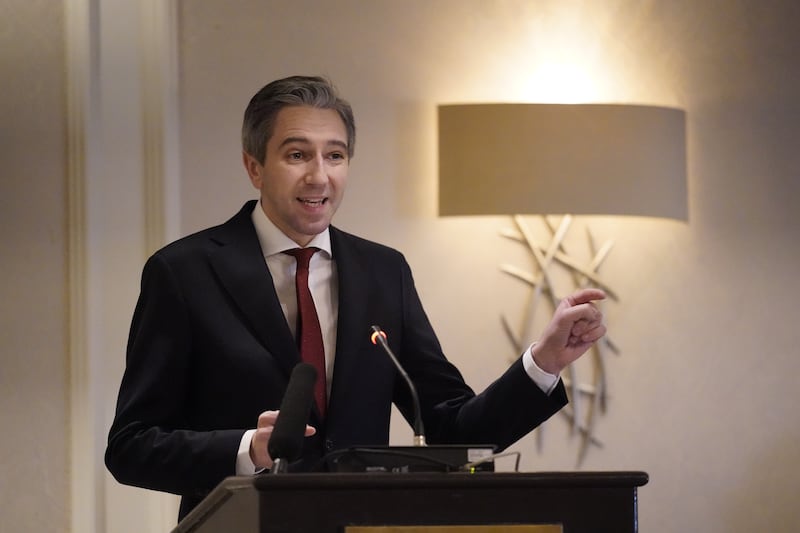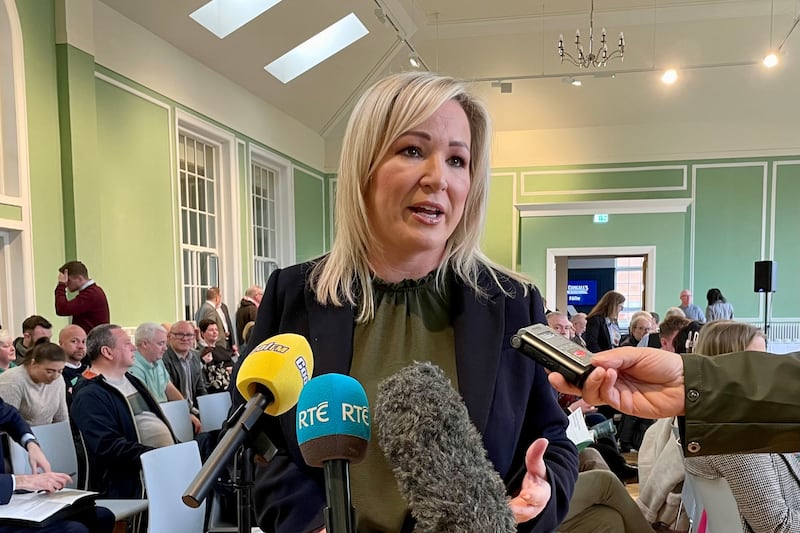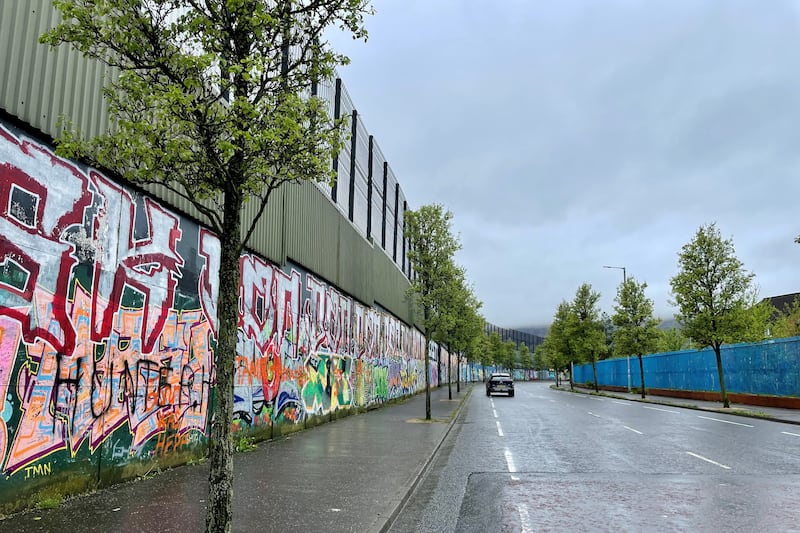The British government is attempting to "frustrate" efforts to investigate the legacy of the past in Northern Ireland, Sinn Féin's vice president has alleged.
Michelle O'Neill accused ministers of adding to the suffering of victims by continuing to "stall" on implementation of mechanisms from the Stormont House Agreement.
In July the Northern Ireland Office (NIO) published a summary of more than 17,000 responses to its consultation on how to address the toxic legacy of thousands of unresolved killings.
It said it would set out its next steps in due course.
Mrs O'Neill has written to Secretary of State Julian Smith to tell him further delays in bringing forward laws enacting the 2014 Stormont House Agreement added to the "anguish, trauma and loss" felt by victims and their families.
"This is an untenable situation," she said.
"In the absence of any process or engagement on these matters I can only assume that further delays in bringing forward a legislative time frame are evidence of British Government attempts to frustrate, block and stymie the implementation of the Stormont House Agreement legacy mechanisms."
It is almost five years since the British and Irish governments and political parties agreed ways of dealing with the legacy of the past.
They included units to pursue leads for fresh prosecutions, retrieve more information for relatives of the dead and compile an oral history archive.
Draft legislation establishing such bodies is being considered by the government.
Ministers recognise the subject matter is complex, emotive and often deeply personal to many across the UK and beyond.
For this reason, the government seeks to move forward sensitively and with as much consensus as possible, a spokesman said earlier this summer.
Some relatives of the dead from the early Troubles are quite elderly and are seeking justice, a sense of closure or more information about what happened before they die.
Killings by the IRA, loyalists and the security forces would be under the spotlight, although the challenges to evidence gathering posed by the passage of time are immense, experts agree.
Mrs O'Neill said: "The stalling tactics must end. The opportunity to deal with the past is now. The time to engage with the past is now.
"Some families have been waiting almost 50 years on truth and justice and that is simply unacceptable.
"Any further delays or stalling from the British government will only serve to undermine the policy intent of the Stormont House Agreement and further disappoint and alienate victims."








